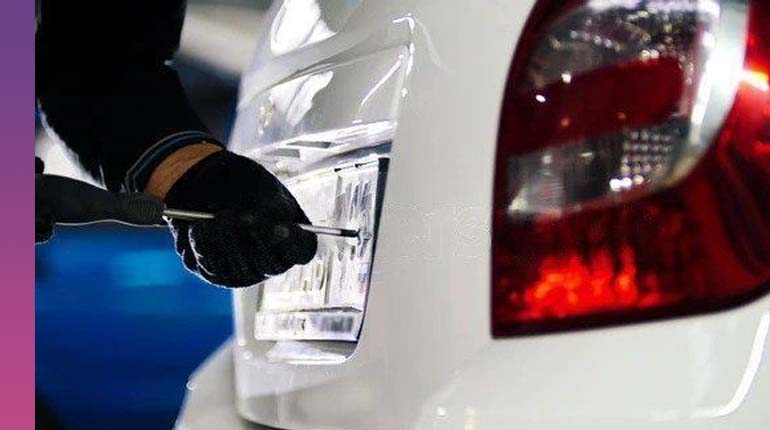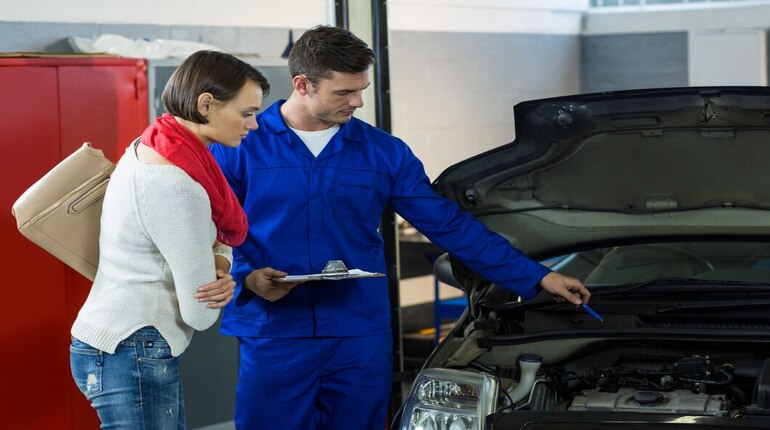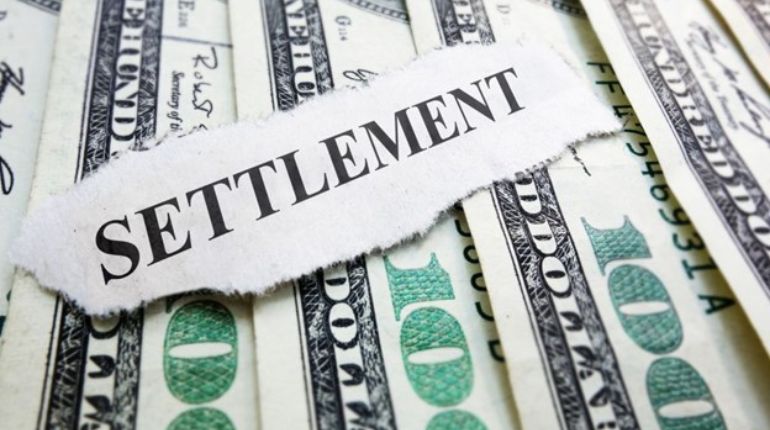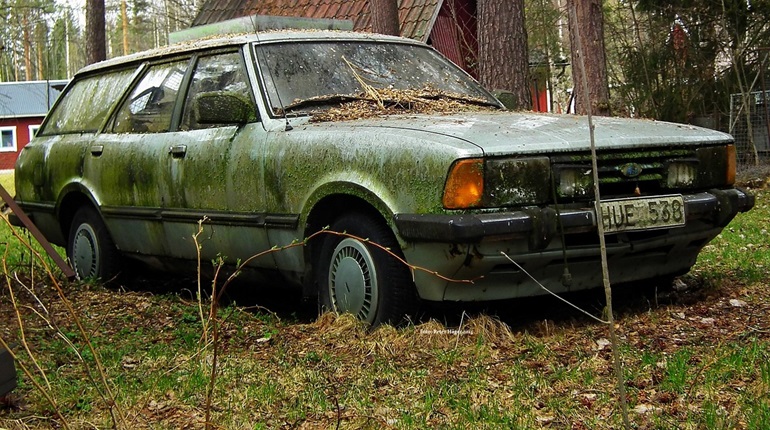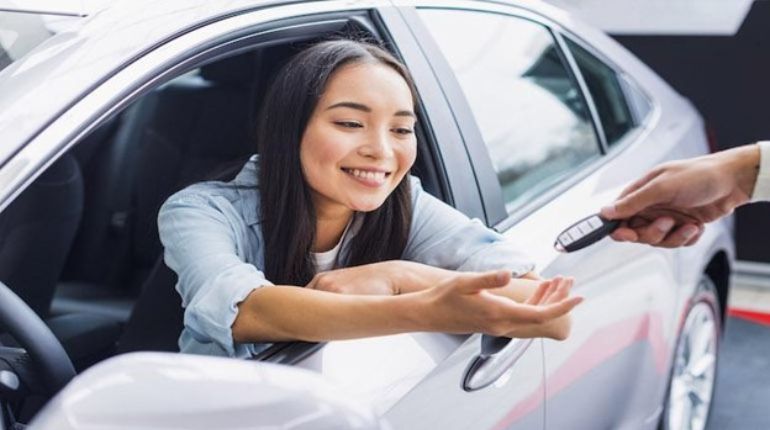Car cloning, also known as vehicle identity theft, occurs when a car is given a duplicated or stolen licence plate to make it look like another vehicle of the same make, model, and colour. It’s similar to identity theft, but for cars. Criminals steal a car or repair one written off and then give it another identity of a legally registered car that fits the same description. This is accomplished by changing the number plates to match the original car’s, altering the VIN on the illegal vehicle, and then issuing a fraudulent logbook to make it appear legitimate. As a result, two identical vehicles (clones) are on the road at the same time. Unfortunately, it can be challenging to spot a cloned car without expertise or access to official police databases.
If you’re in the market for used cars for sale in Edmonton, it’s crucial to exercise caution and perform thorough research to avoid falling victim to car cloning scams. Consulting with reputable dealerships or conducting vehicle history checks can help mitigate the risk of purchasing a cloned vehicle unknowingly.
Table of contents
What happens if your registration plates have been cloned?
If your licence plates have been cloned, you must gather evidence proving that your vehicle was somewhere other than where the offence occurred. CCTV surveillance is widespread. You have the right to request CCTV to help prove where your vehicle was.Enter the vehicle number plate to perform an online car check. A V5C check (logbook check) will be performed against known stolen logbook numbers. Check that the VIN on the logbook matches the VIN on the car. Examine as many places as possible. Under the hood, below the windscreen, and on the driver’s door sill are common locations.This allows you to determine whether or not the car is a clone. Examine the V5C logbook and ensure that the vehicle’s licence plate matches the one on the car.
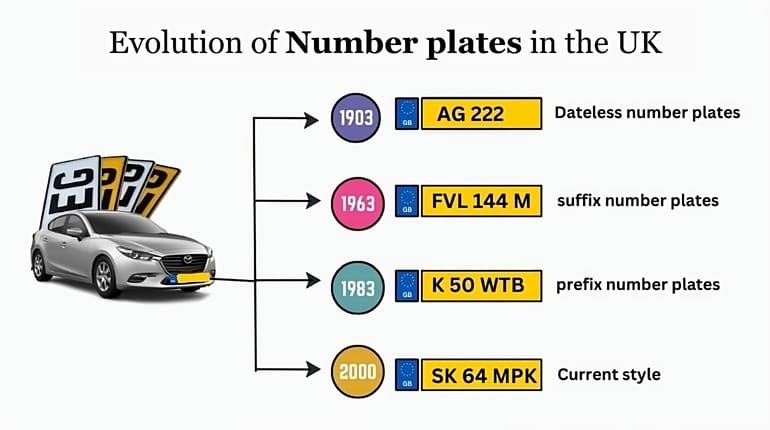
How do I notify the DVLA of a cloned vehicle?
You must promptly return any fines or correspondence to the issuing authority, providing as much documentary evidence as possible to prove your case.
Then write to DVLA, Swansea, SA99 1ZA, and your correspondence will be recorded on the vehicle record for future reference.
What will happen if I buy a cloned car?
If you purchase a cloned vehicle, you will likely lose both the vehicle and the money you paid. The police will usually want to question you about the sale and gather as much information about the seller as possible from you. When purchasing a used car, make sure to perform all necessary inspections.
The solution is: Check Cloned Cars.
- When inspecting an automobile, there are several factors you can look for to determine whether it has been cloned or not.
- Enter the vehicle plate to complete an online vehicle check. A V5C check (logbook check) will be performed against known stolen logbook number databases. In this manner, you can tell whether or not the car might be a copy.
- Verify that the vehicle’s number plate matches the one on the automobile by checking the V5C logbook.
- Additionally, confirm that the VIN number in the logbook corresponds to the one stamped on the vehicle. Check as many places as you can. Typical positions include the driver’s door sill, underneath the hood, and below the windscreen.
- Check that the address on The logbook agrees with the car’s position. For instance, the closest city.
- Become aware of the car’s market value. So, you’ll know if the seller offers it for an unusually low price. You must consider why the seller is seeking a speedy sale if the car is a deal.
- Never pay with cash. Only offer to pay in a traceable manner because car copycats don’t want to be found. Avoid paying in part with cash as well, especially if the percentage of cash is considerable.
- Ensure you go to the registered keeper’s address if you purchase the vehicle through a private transaction.
- Report any cloned vehicles you have previously purchased to the police in your area. For instance, the Met Police.
- In any case, it’s essential to do thorough research before buying a used car, as cloning can lead to hefty fines or even jail time for both buyer and seller if discovered by police.
- Tell your local police department if you’ve previously purchased a vehicle that has been duplicated. A particular page on their website is dedicated to reporting cloned vehicles, for instance, according to the Met Police in London.
Answering your questions
How does car cloning happen?
Car cloning typically involves criminals obtaining the VIN of a legitimate car through various means, such as stolen logbooks or online listings. They then use this information to create false documentation for a stolen car, making it look like a legally registered vehicle.
What information should I verify in a cloned car check?
In a cloned car check, verify the following information:
The Vehicle Identification Number (VIN) on the car’s chassis matches the VIN on the V5C logbook and the vehicle history report.
The details in the V5C logbook, such as the registered keeper and vehicle specifications, match the information provided by the seller.
Ensure there are no multiple registrations or ownership changes with different VINs for the same vehicle exist.
Can a cloned car be legally sold?
No, selling a cloned car is illegal and punishable by law. If a seller attempts to sell you a cloned car, it’s crucial to immediately report them to the authorities.
